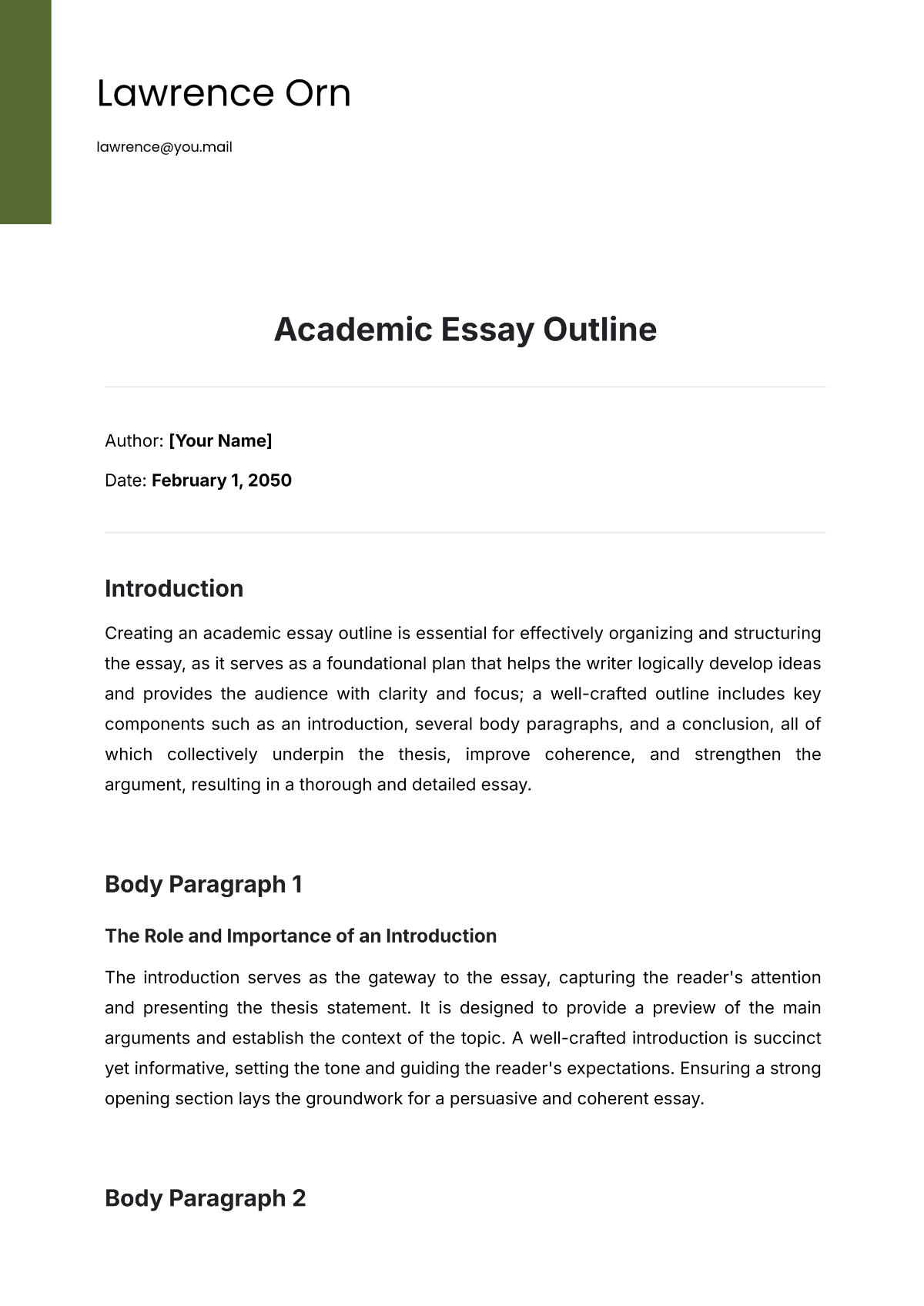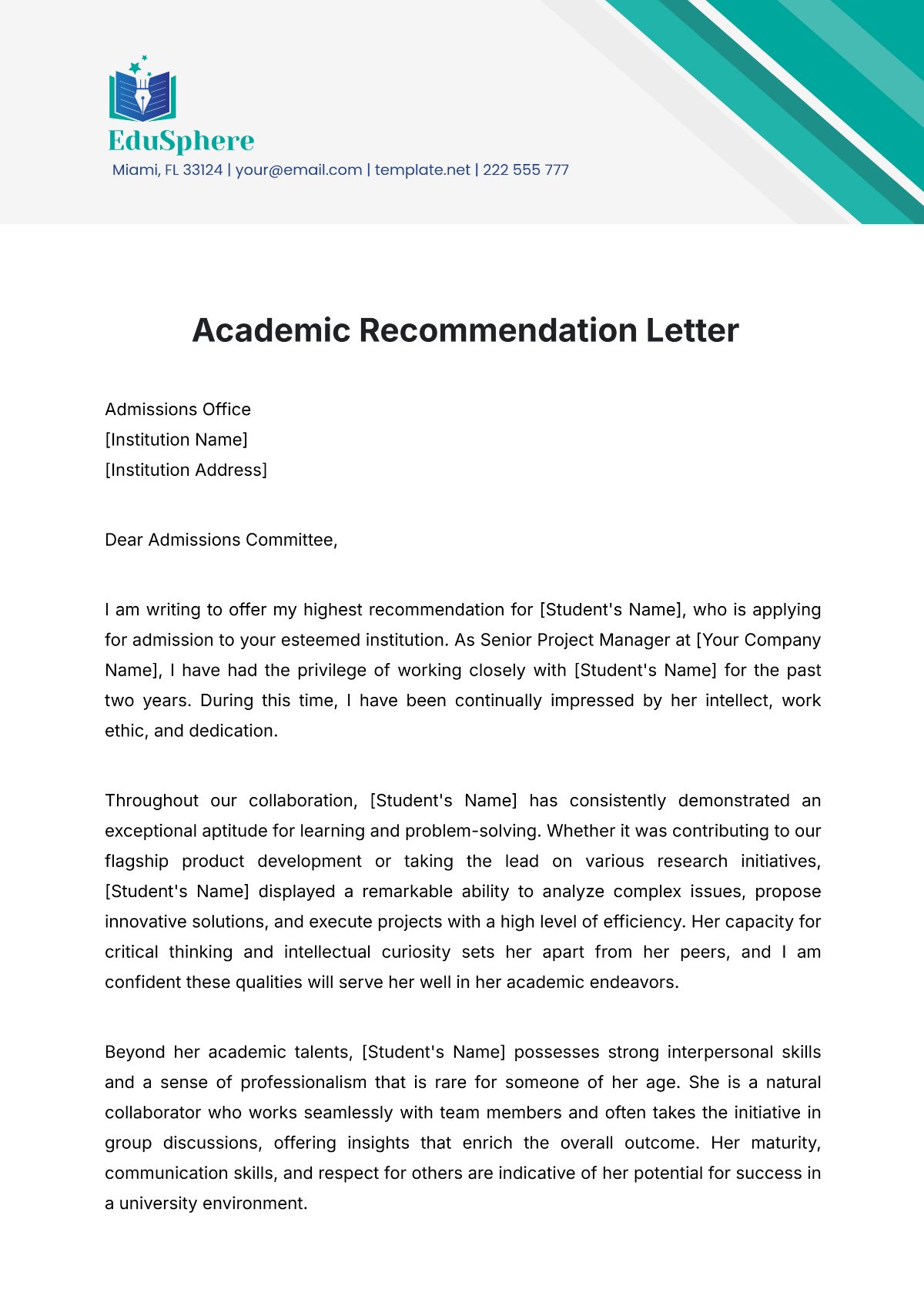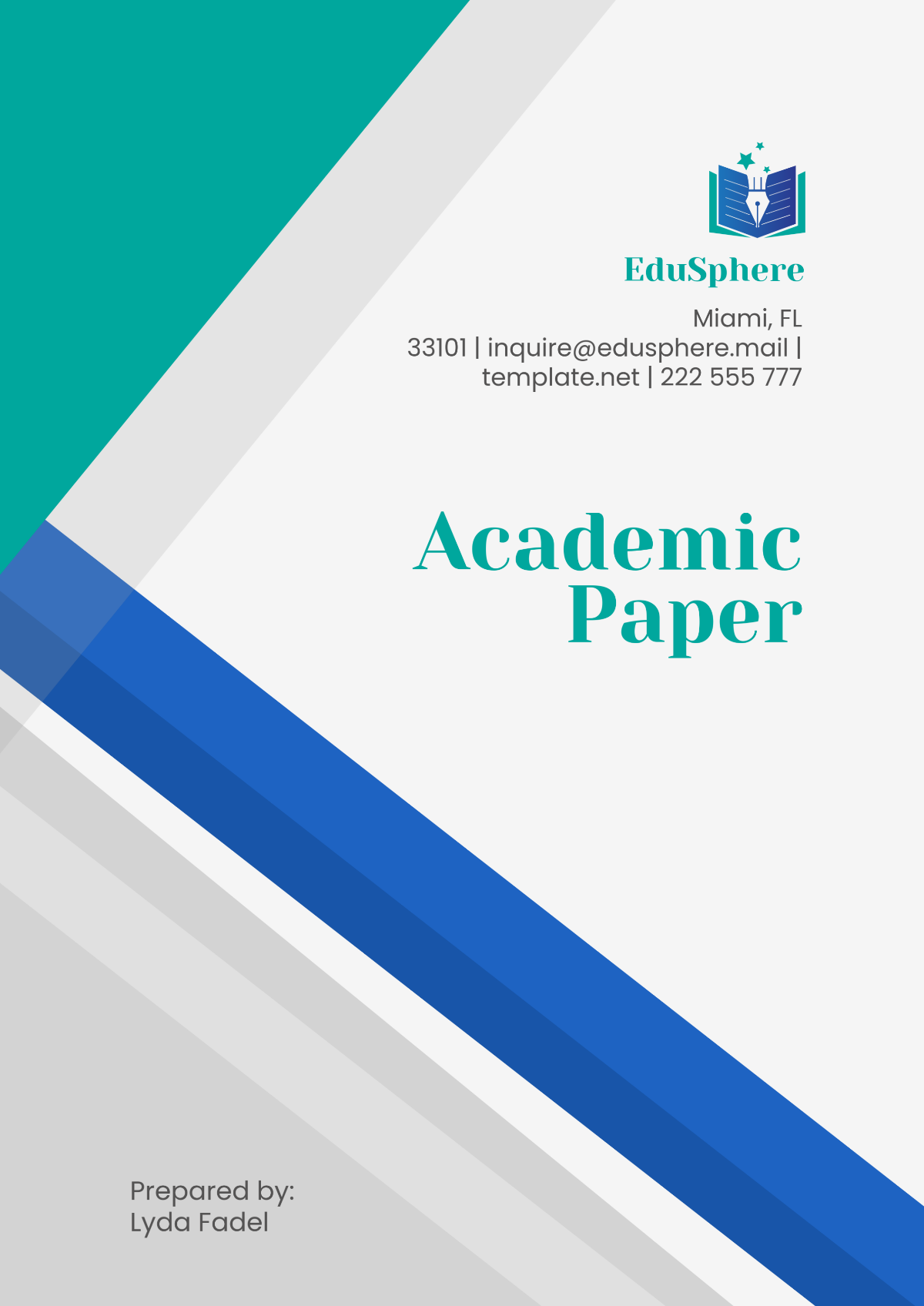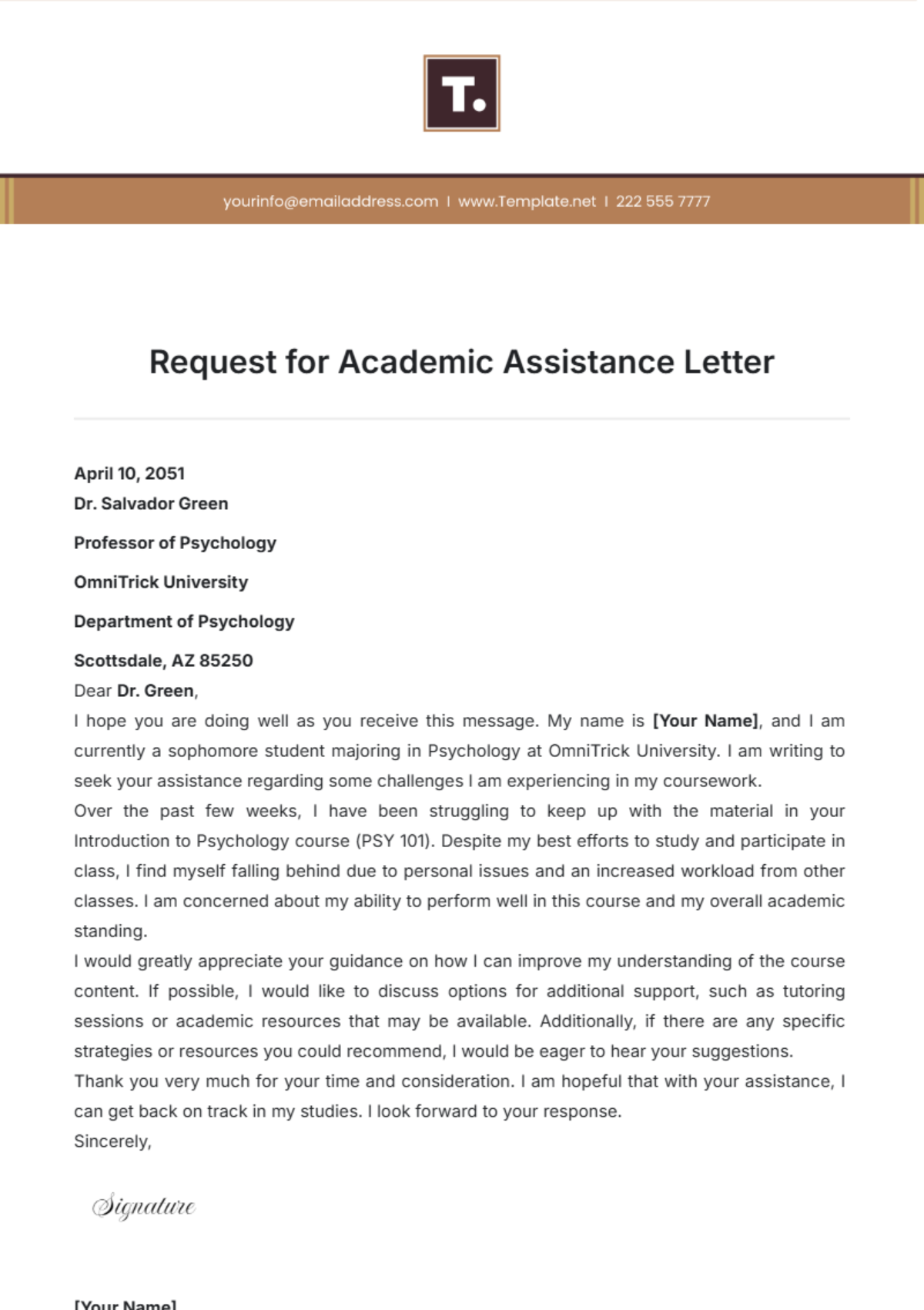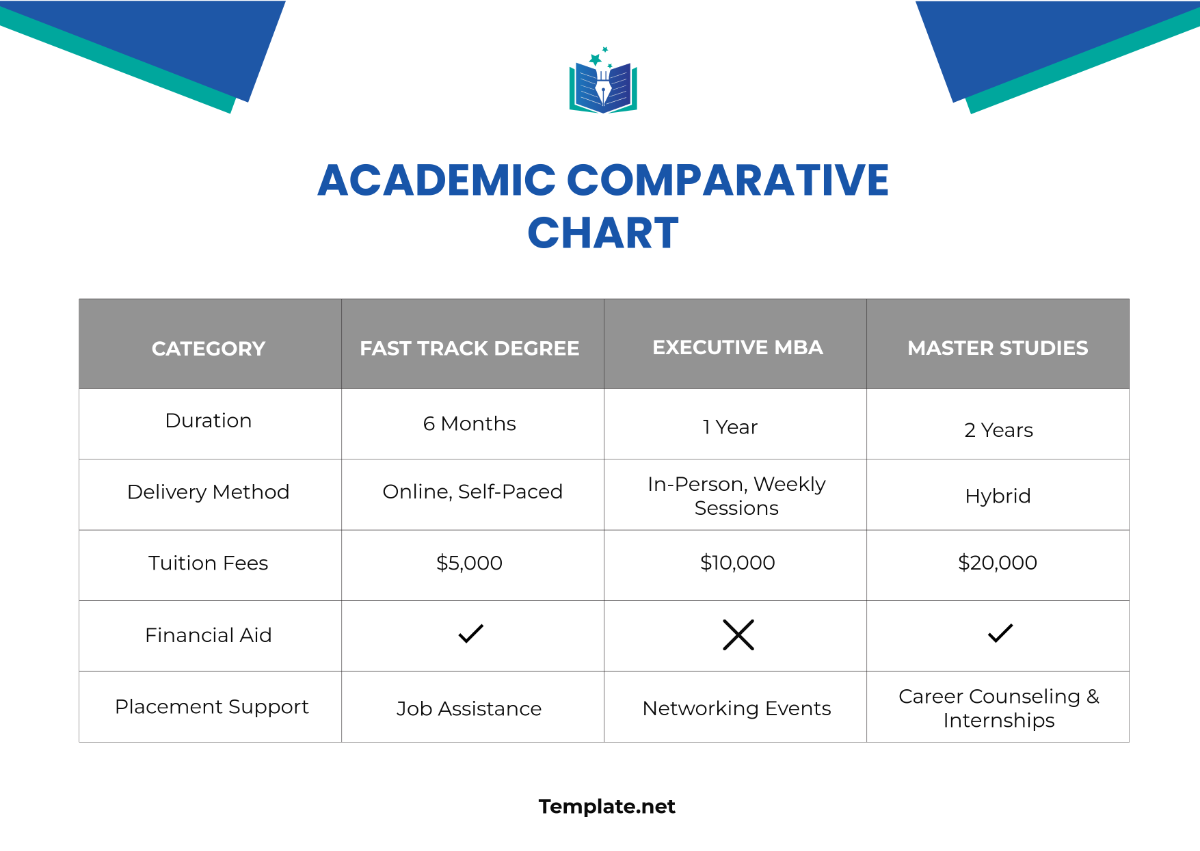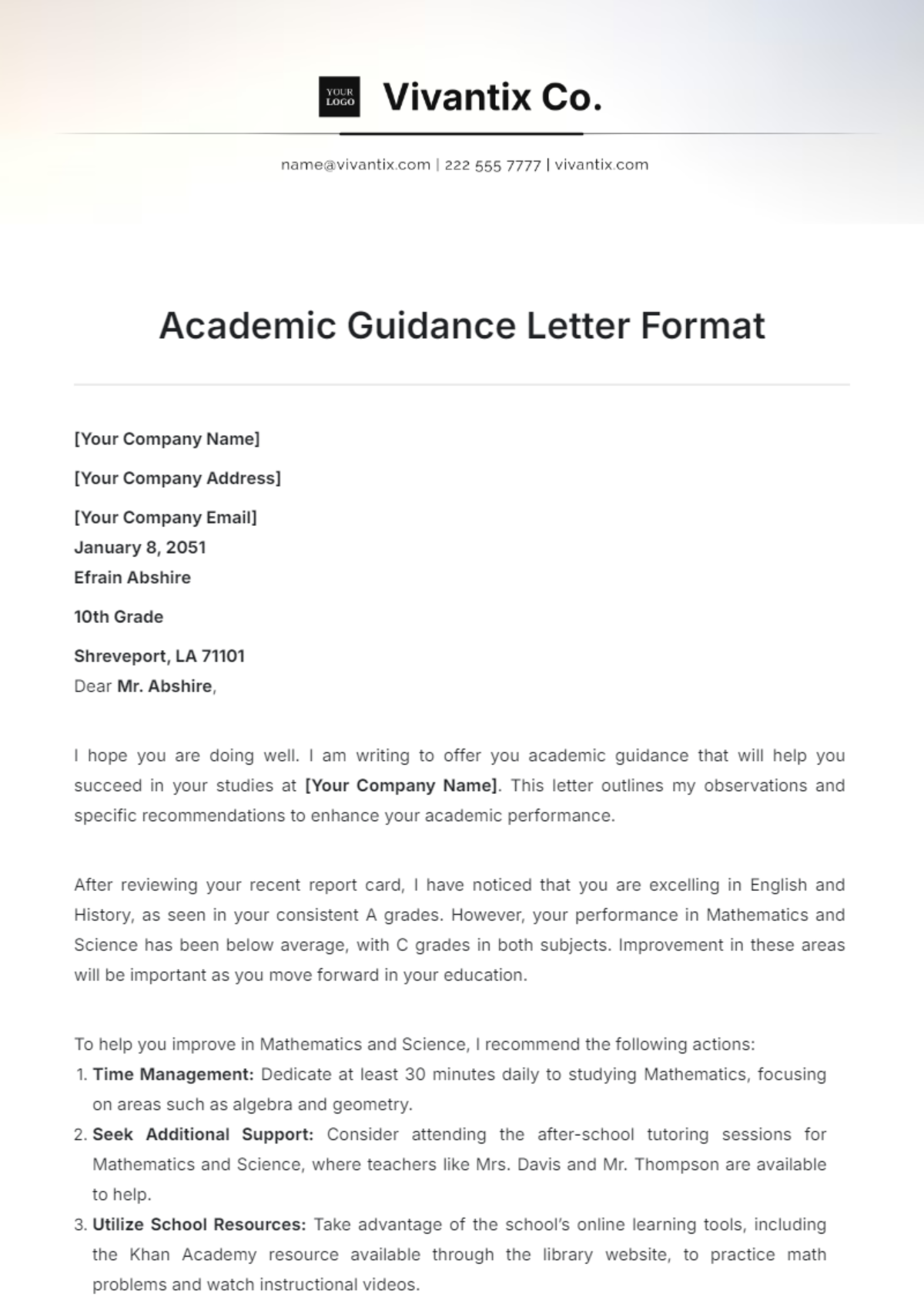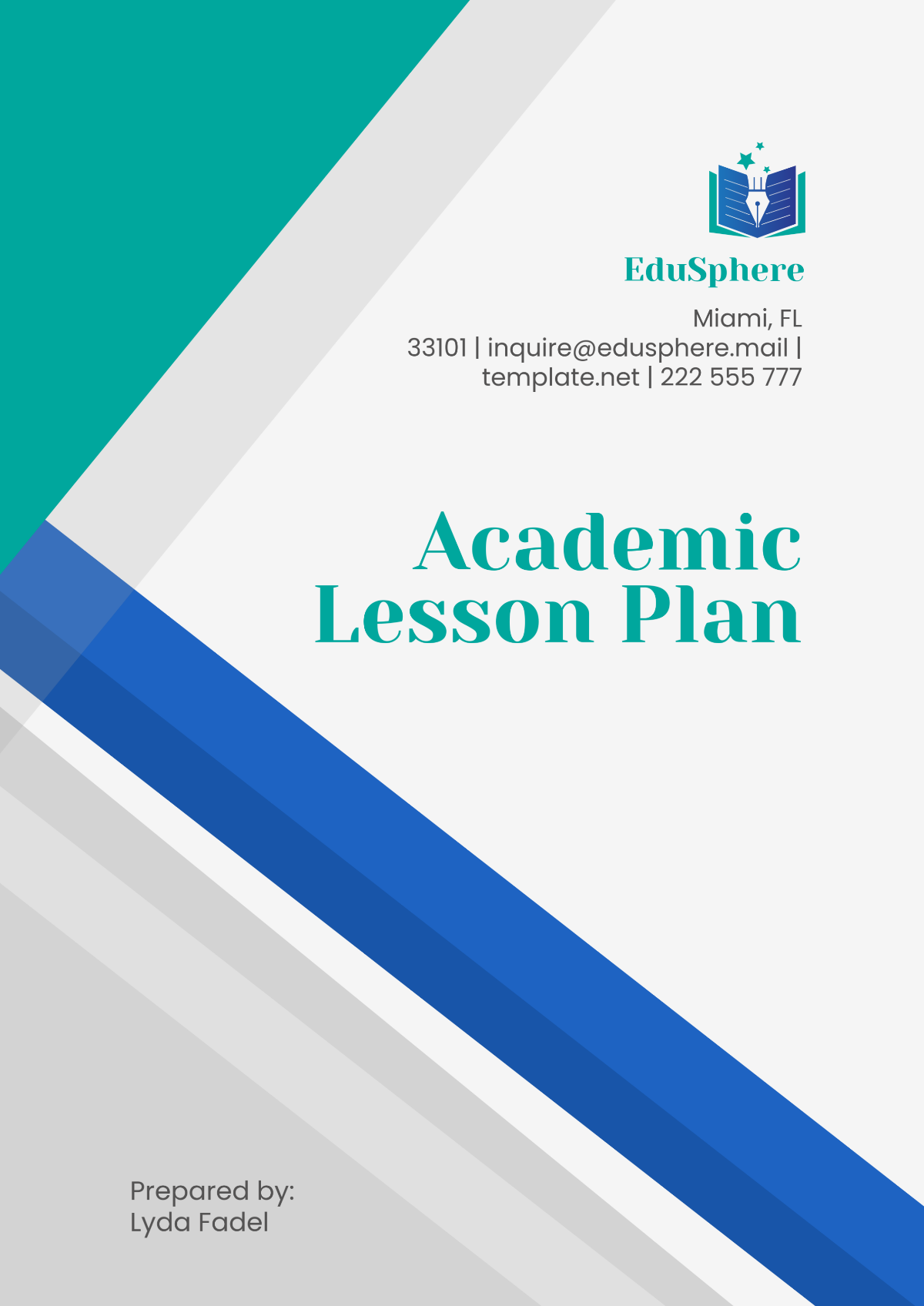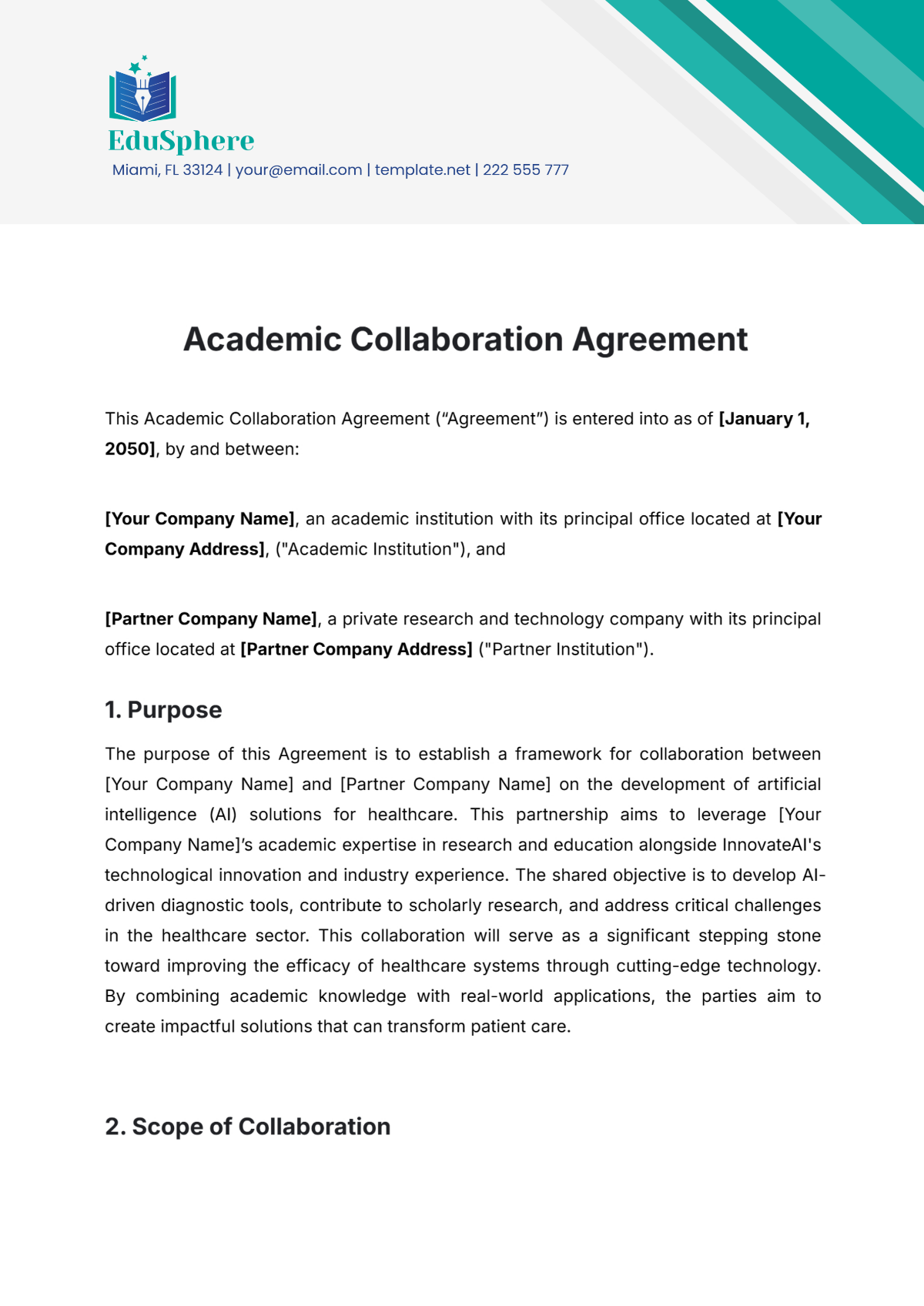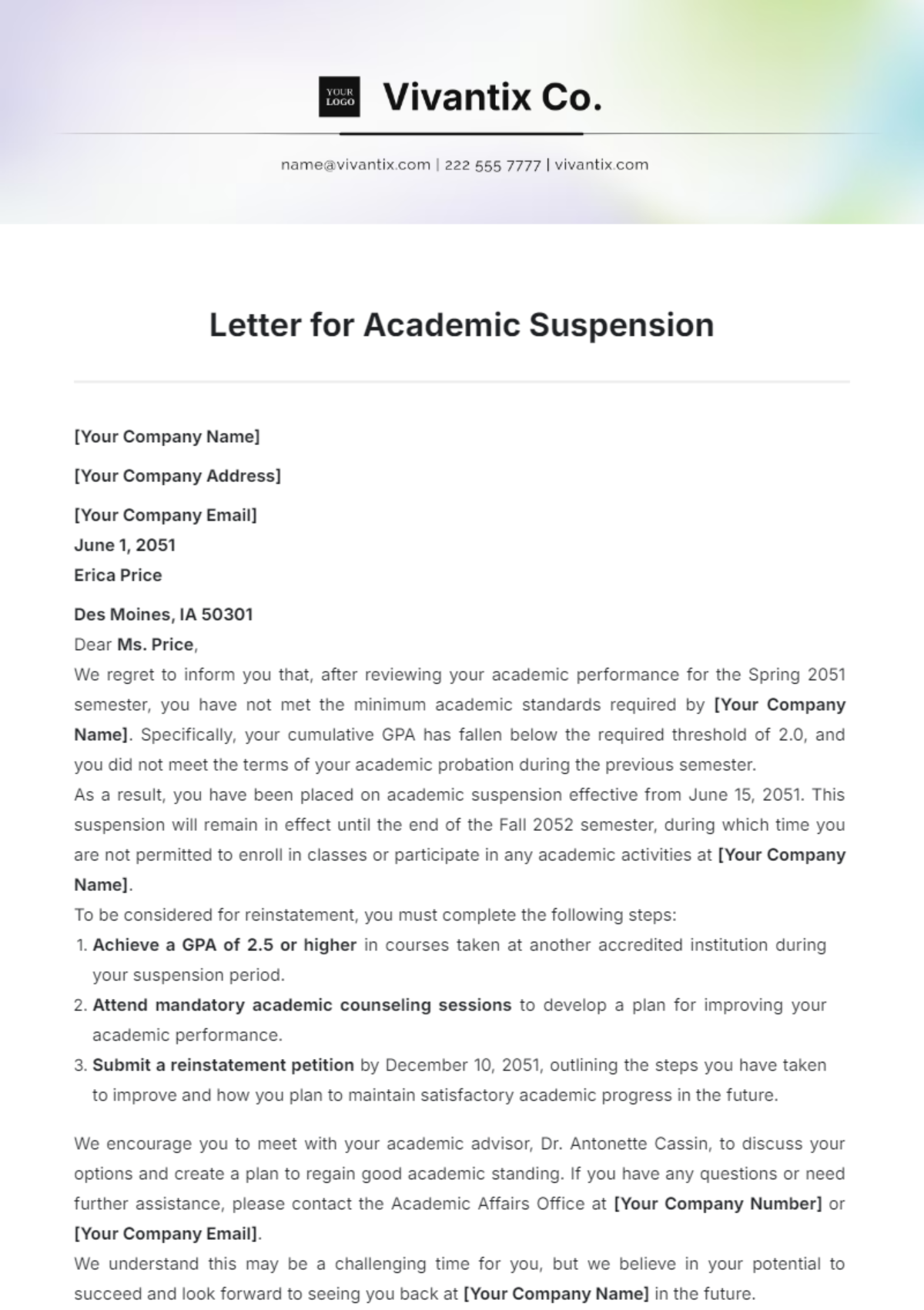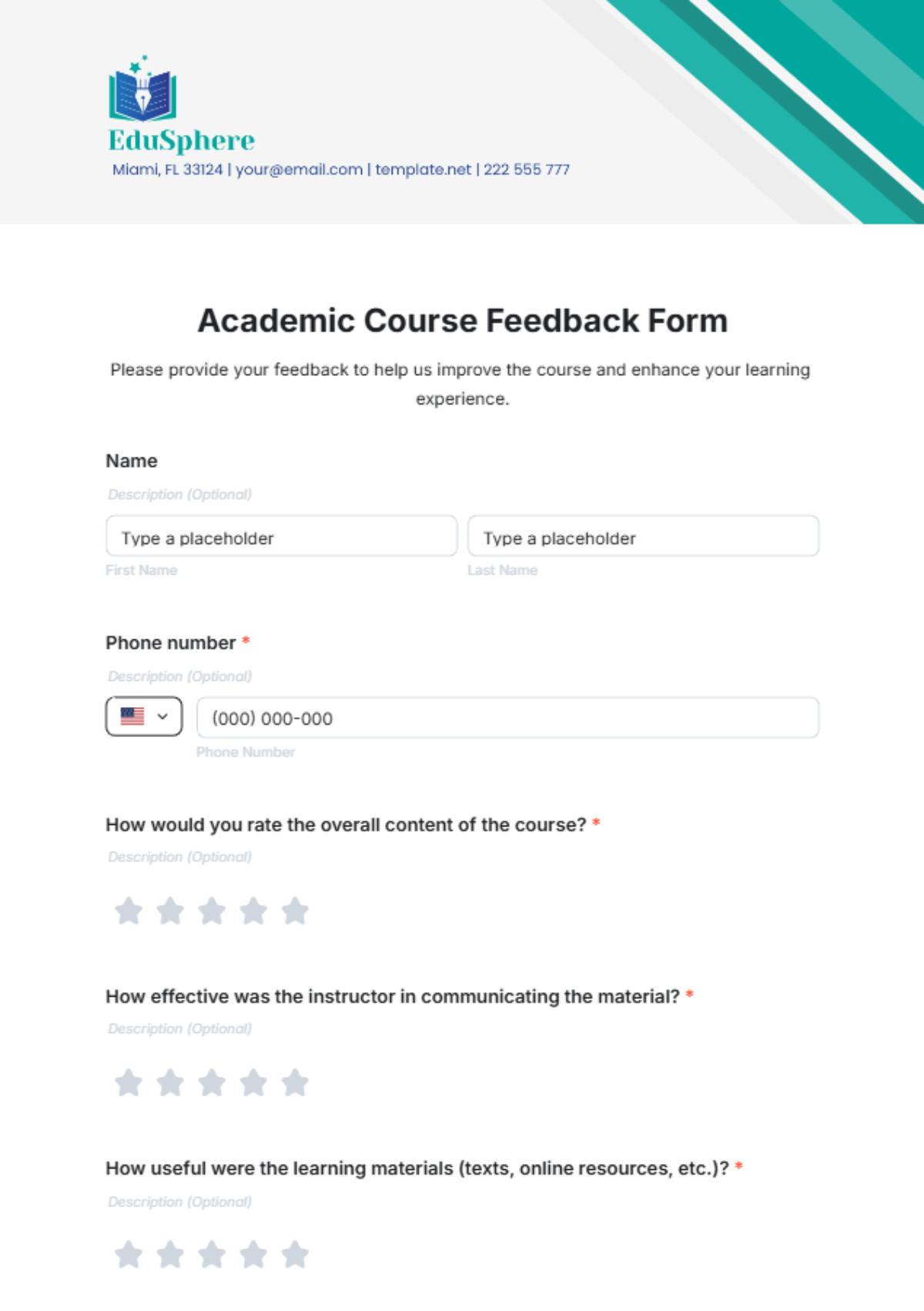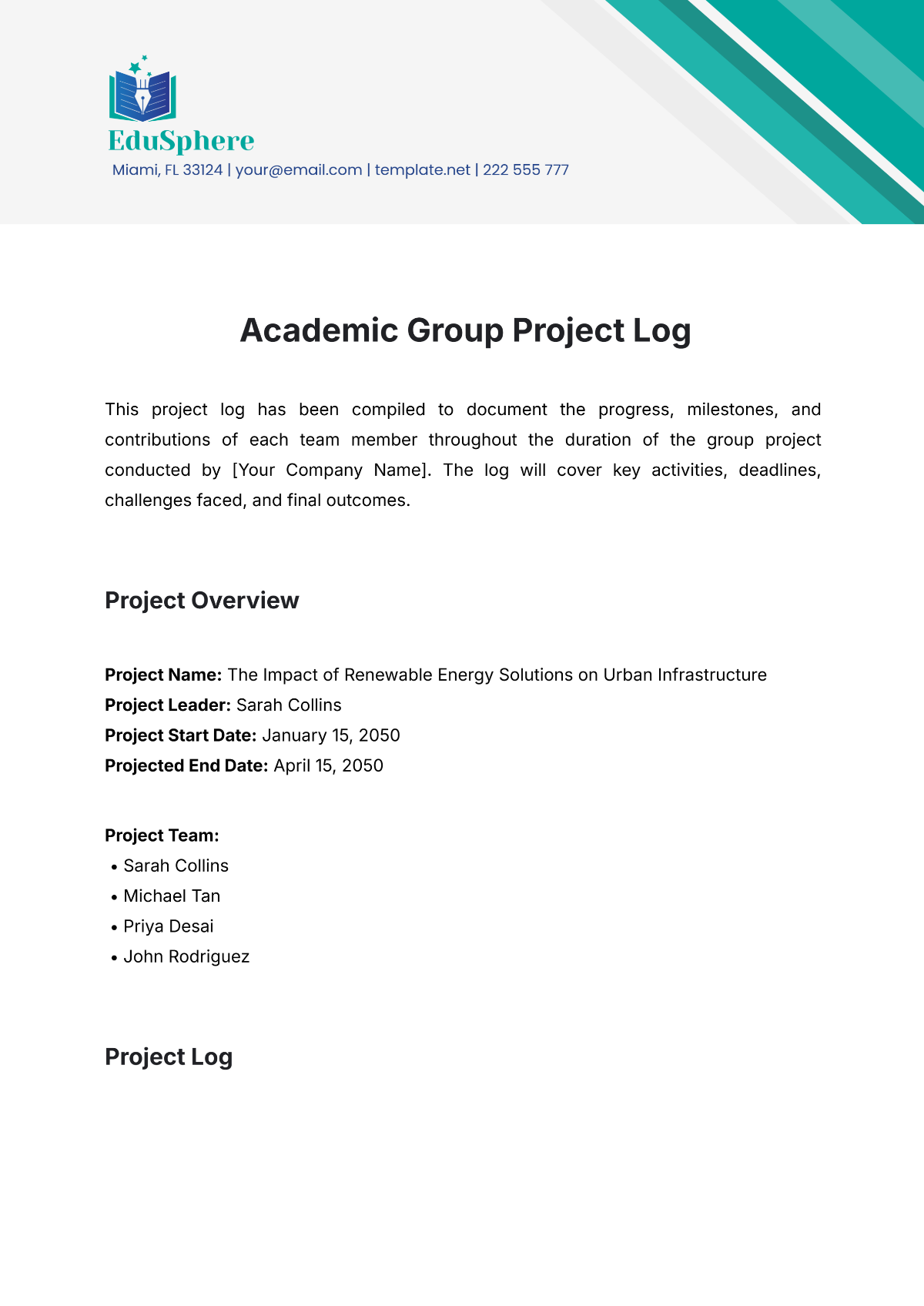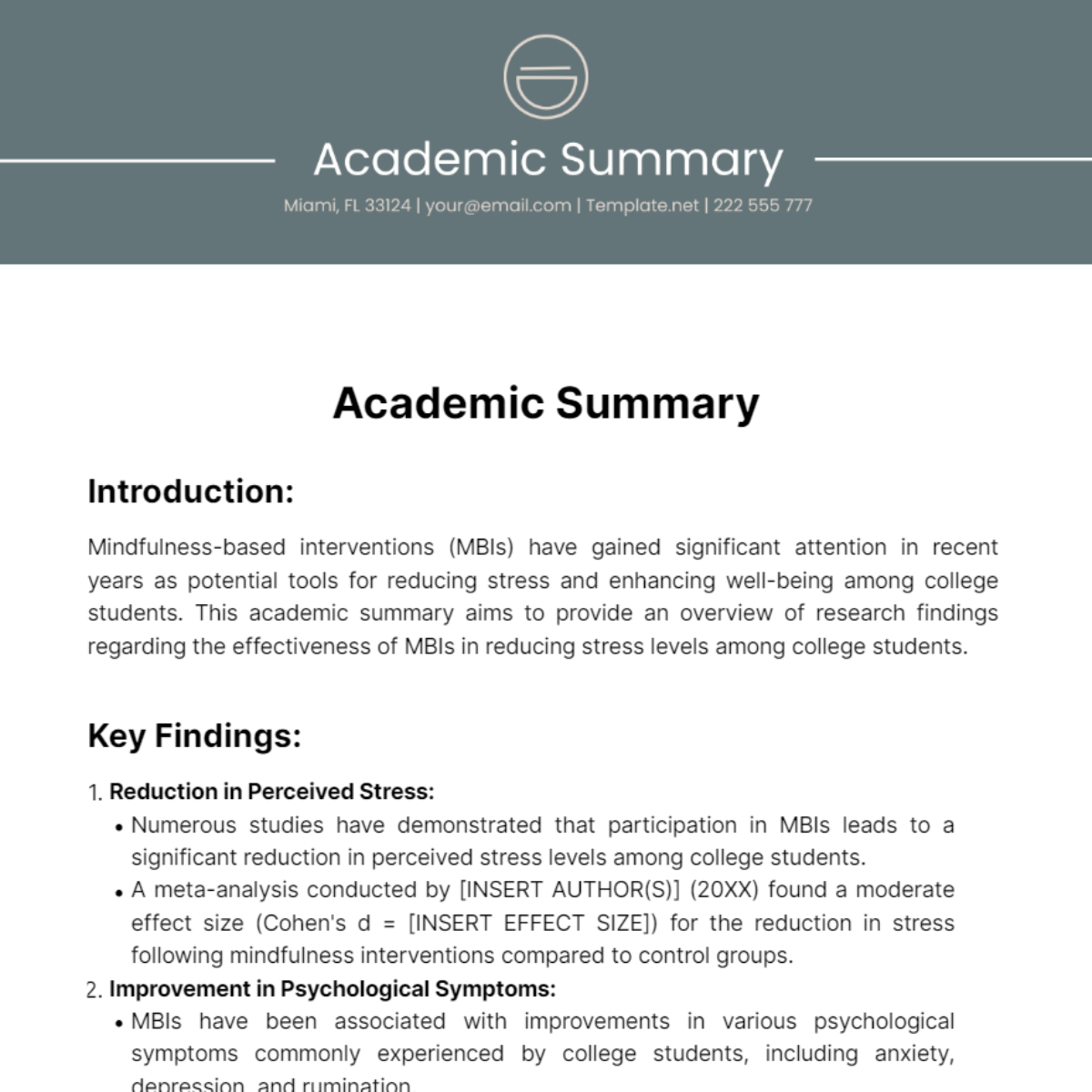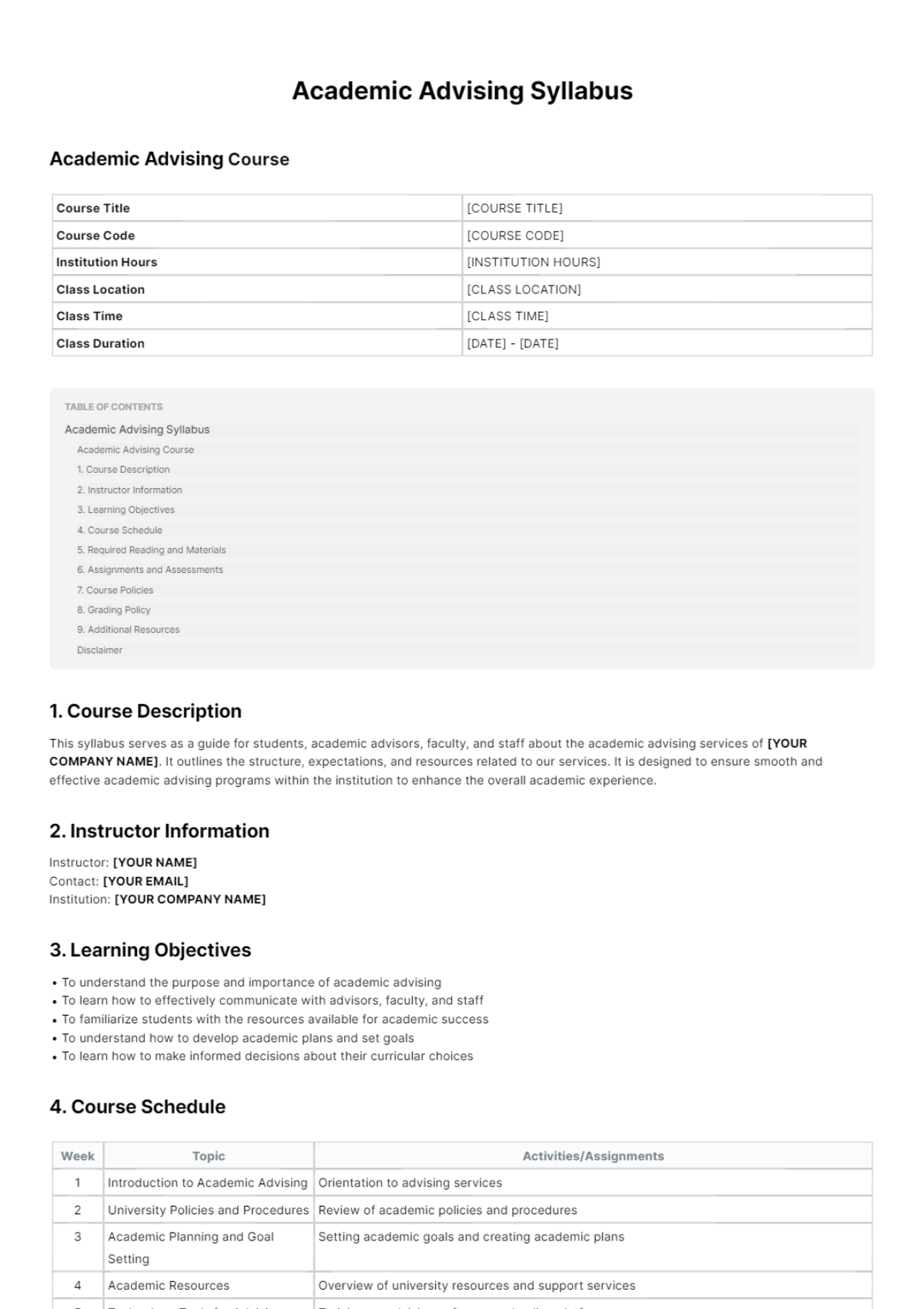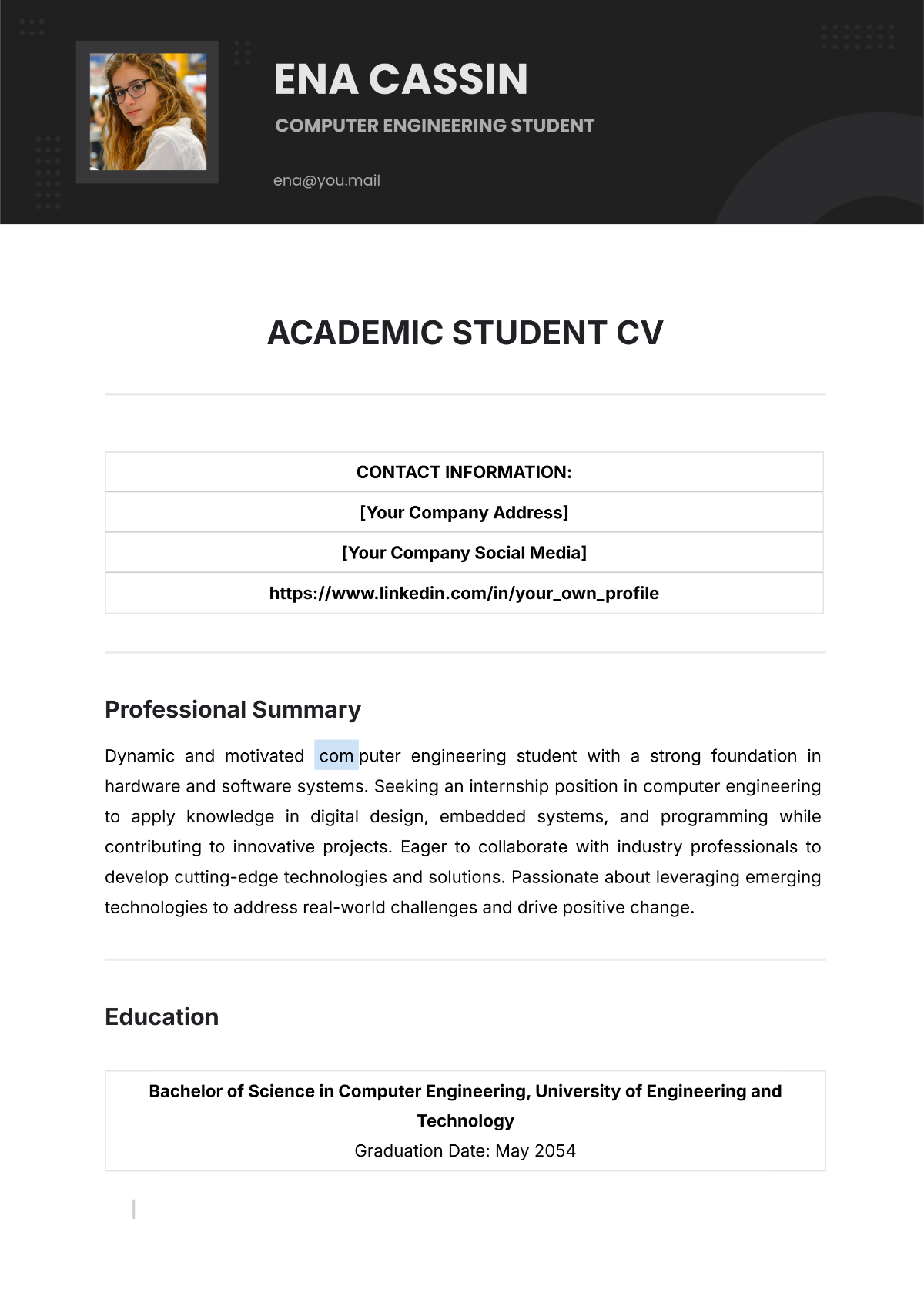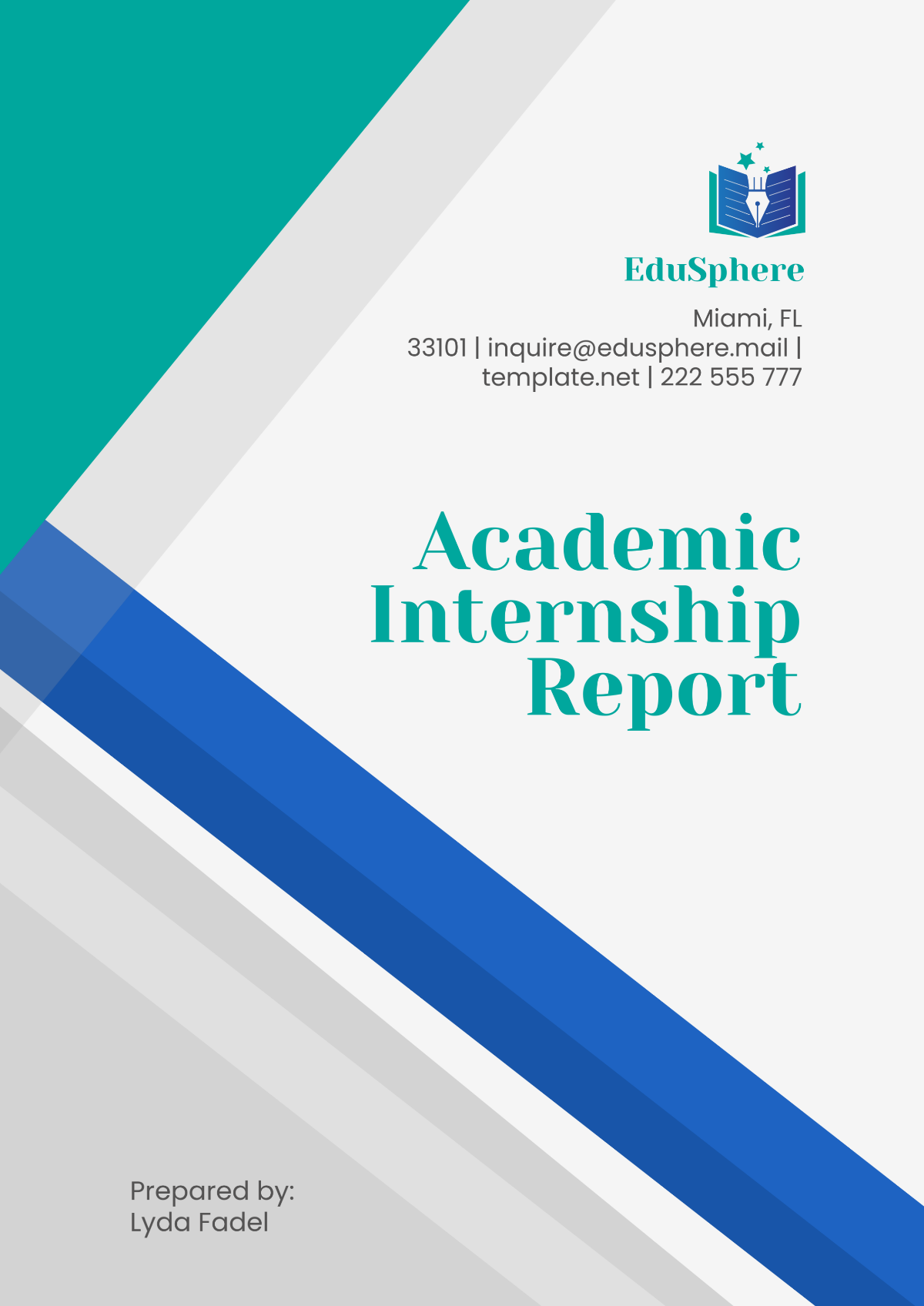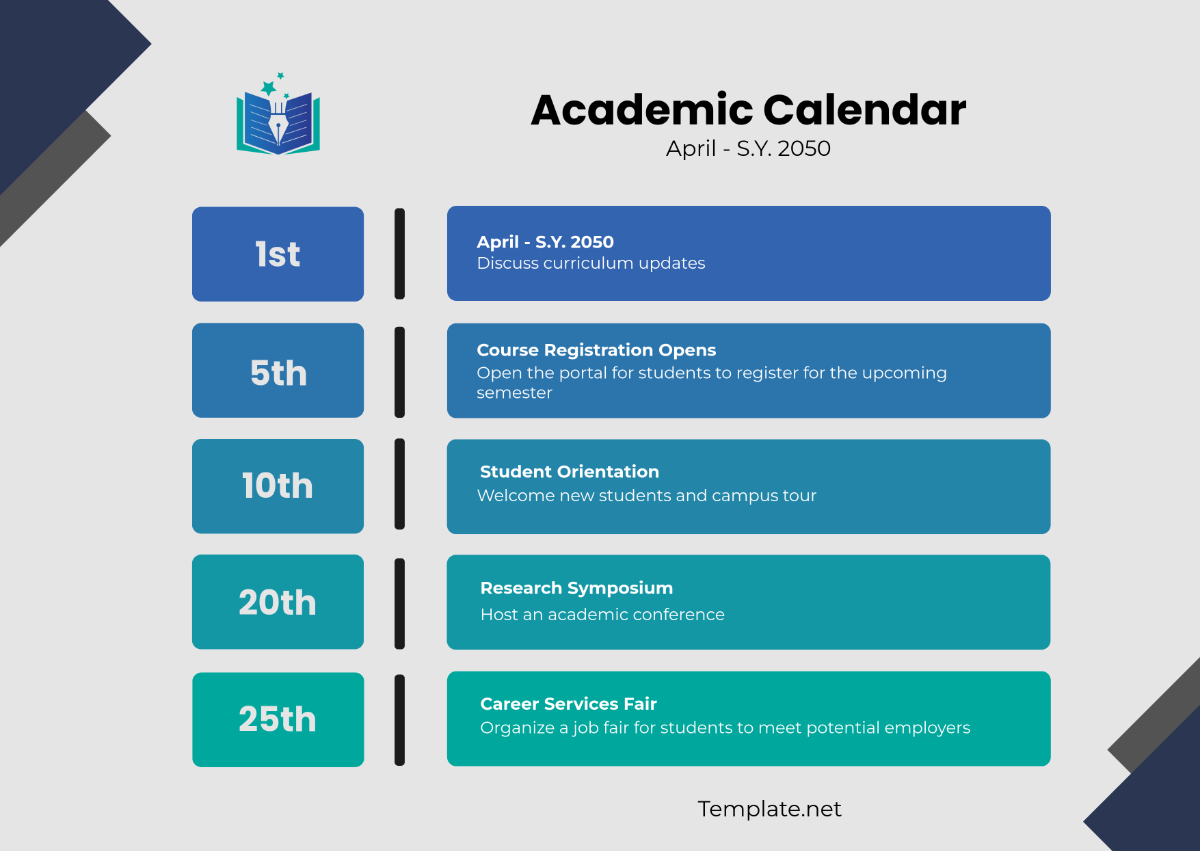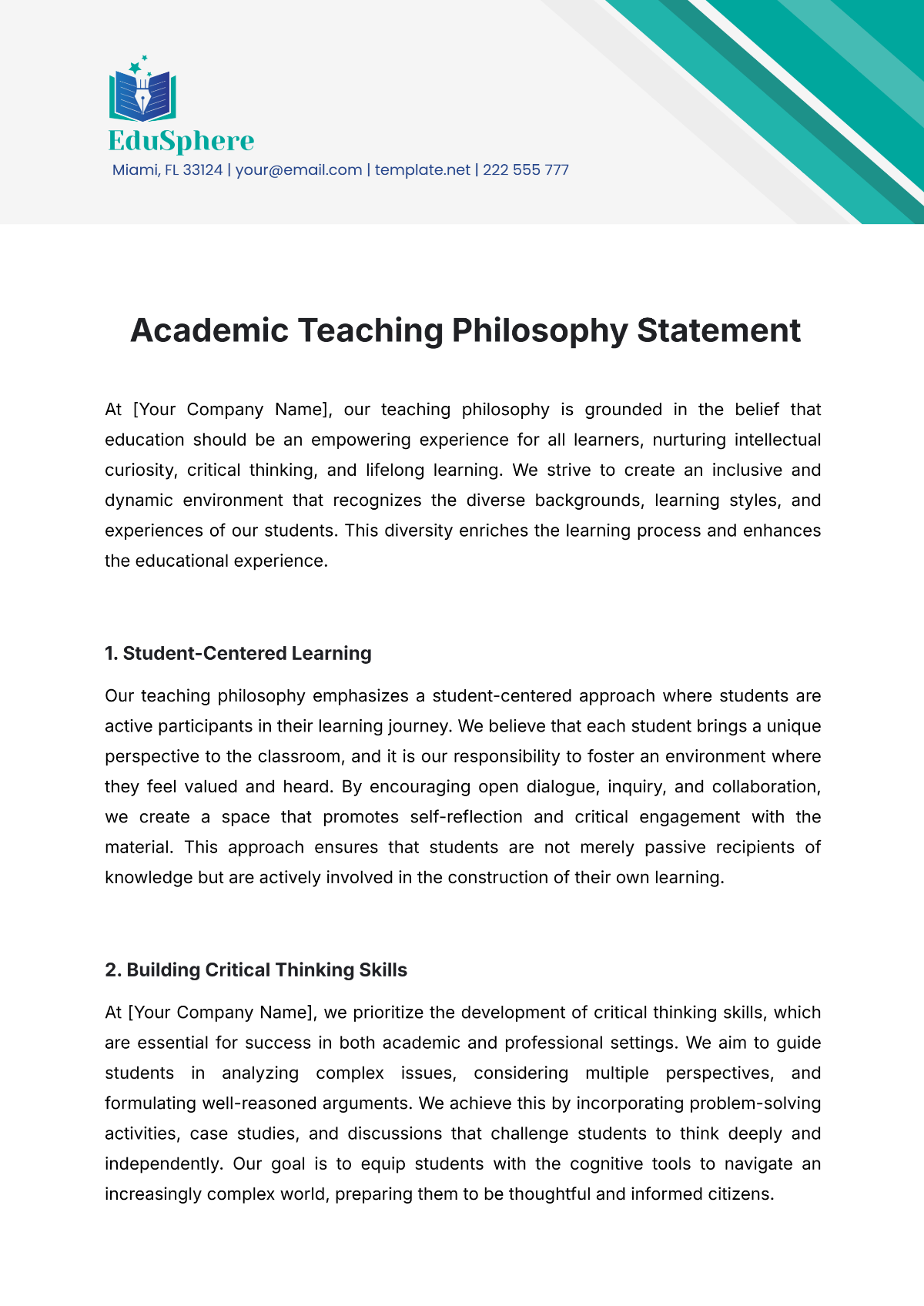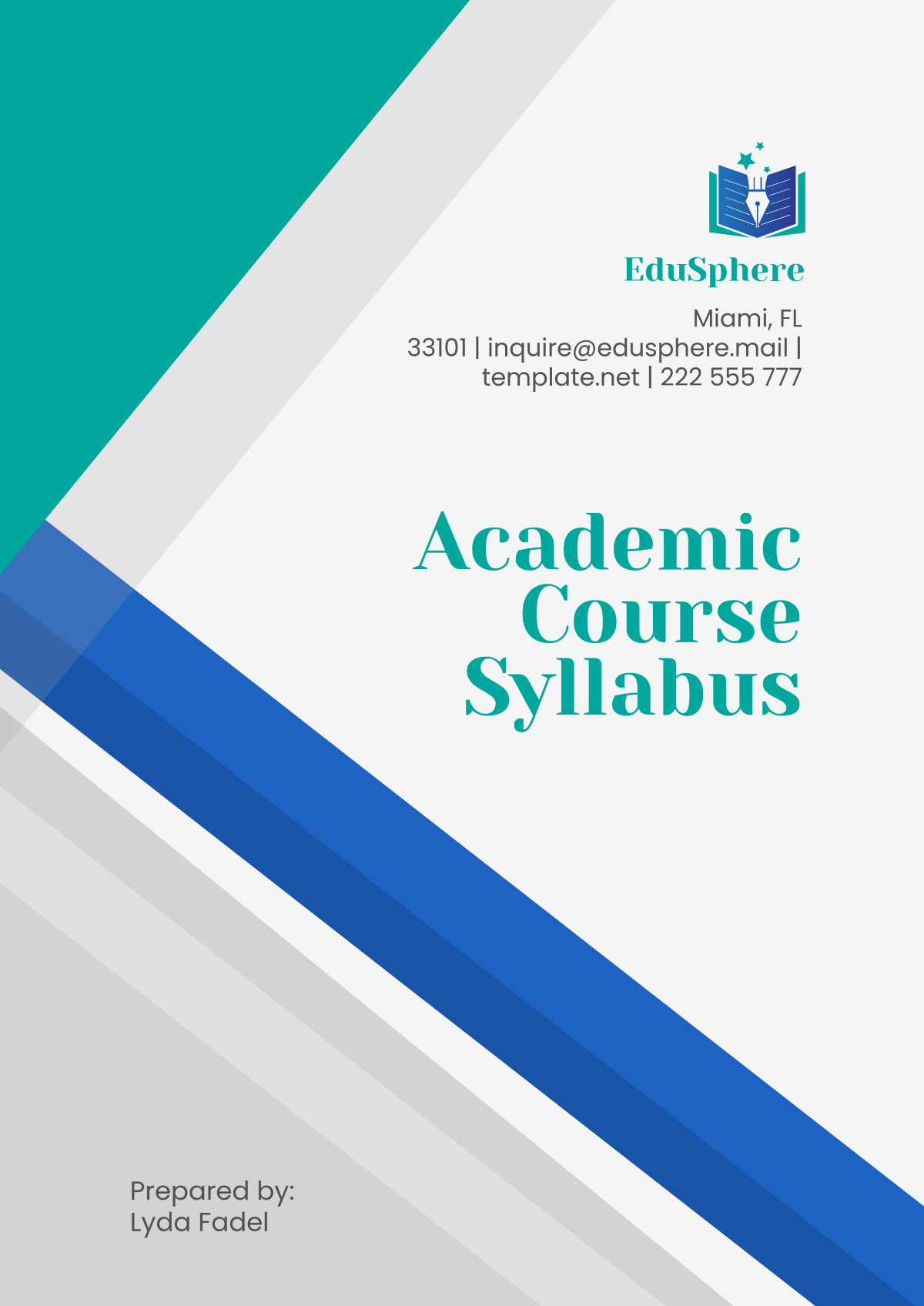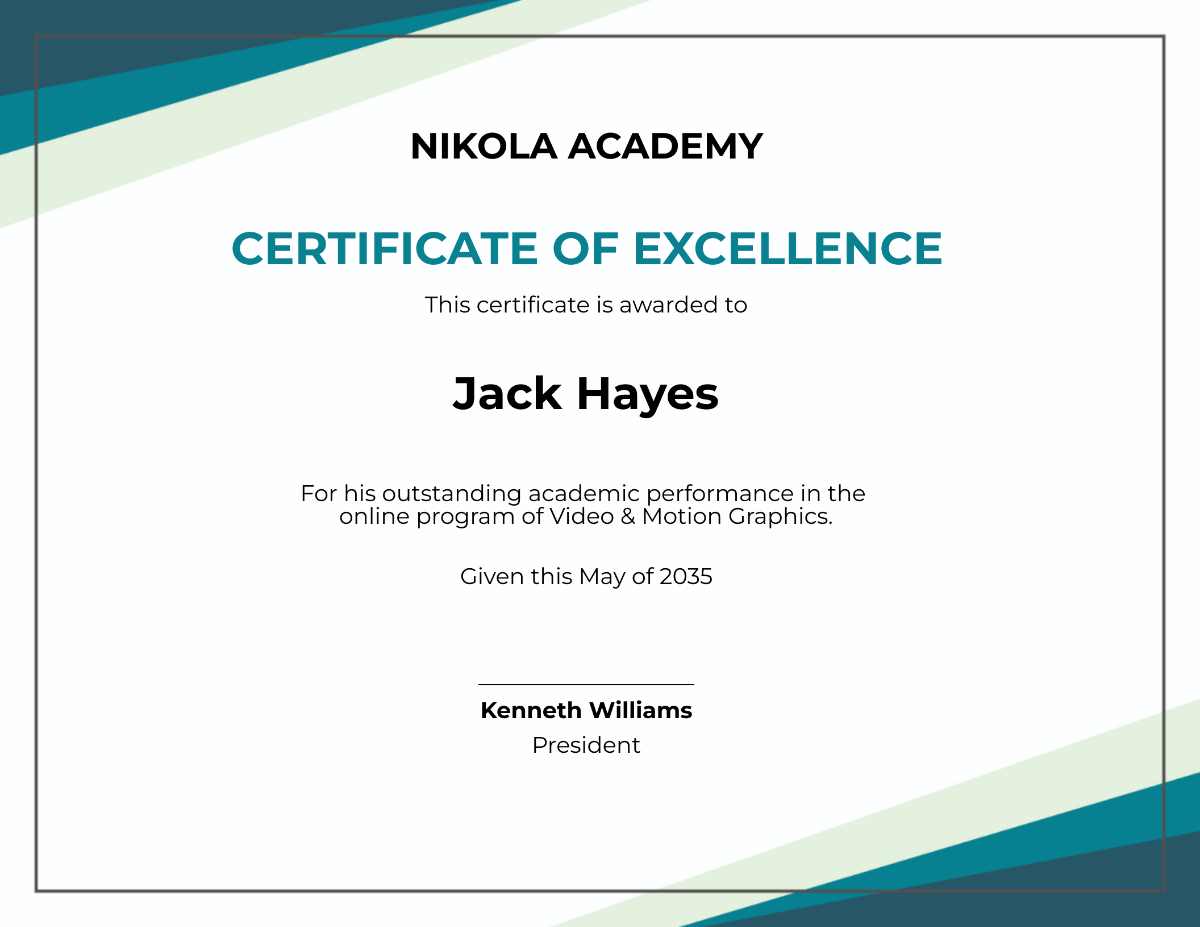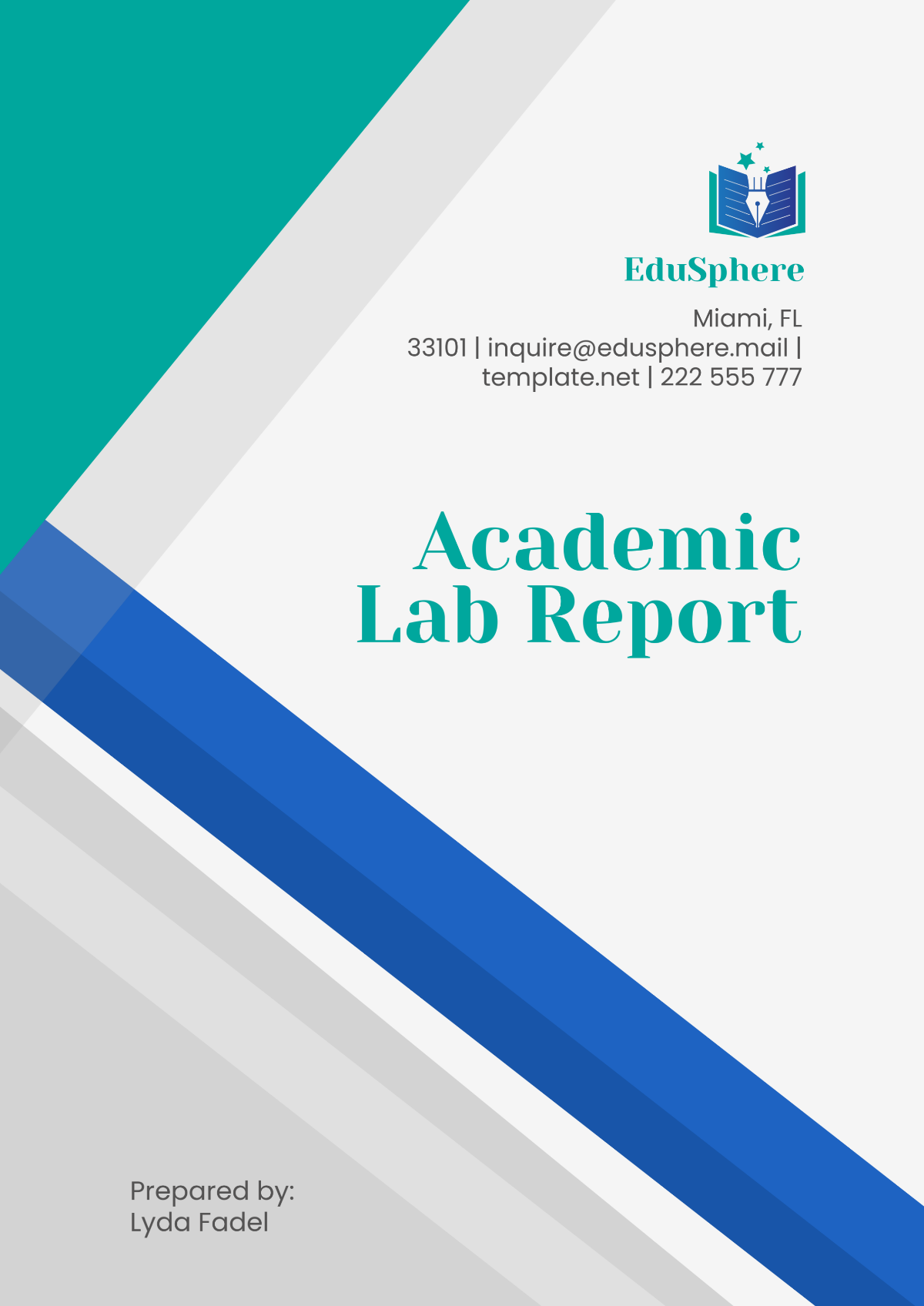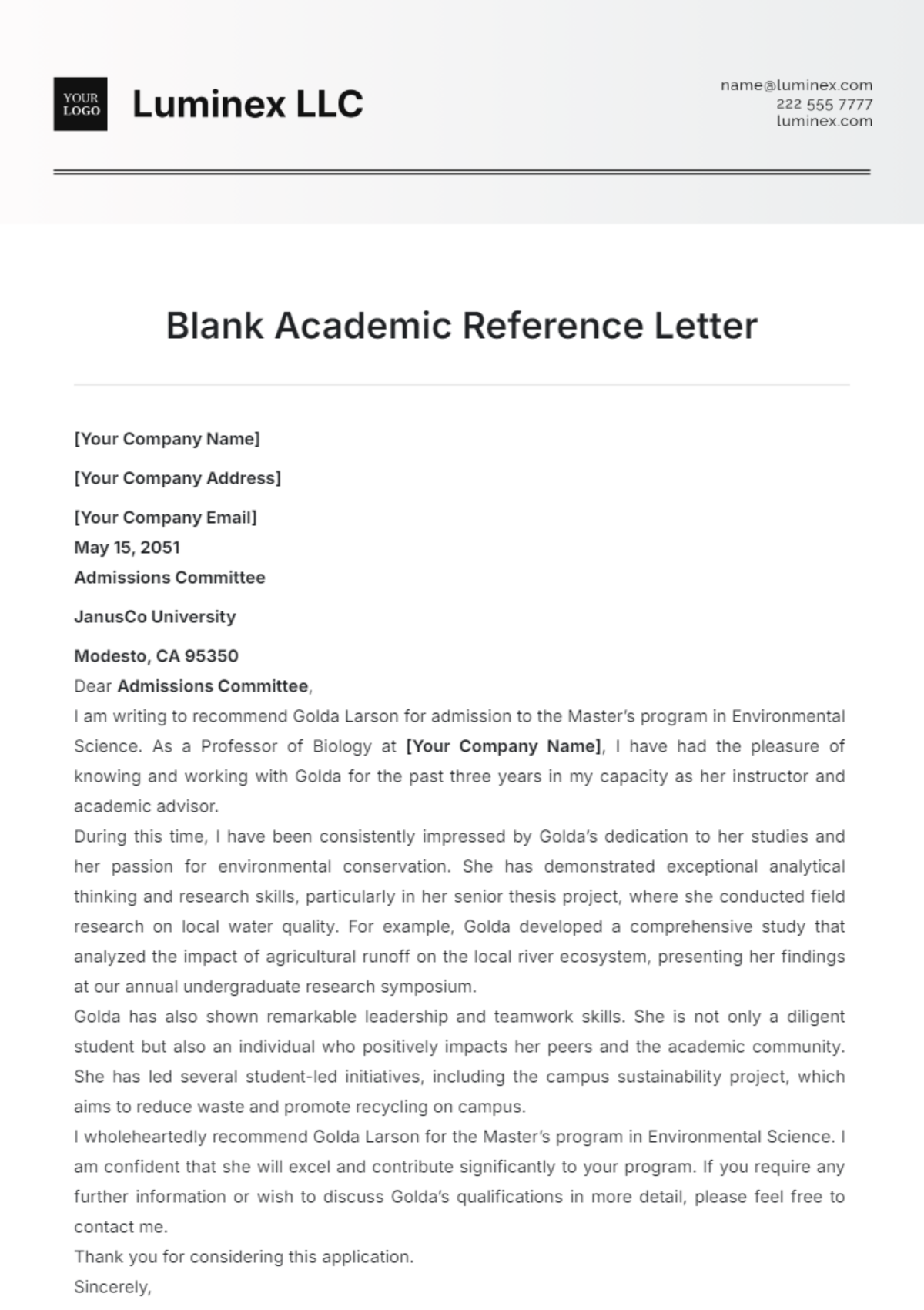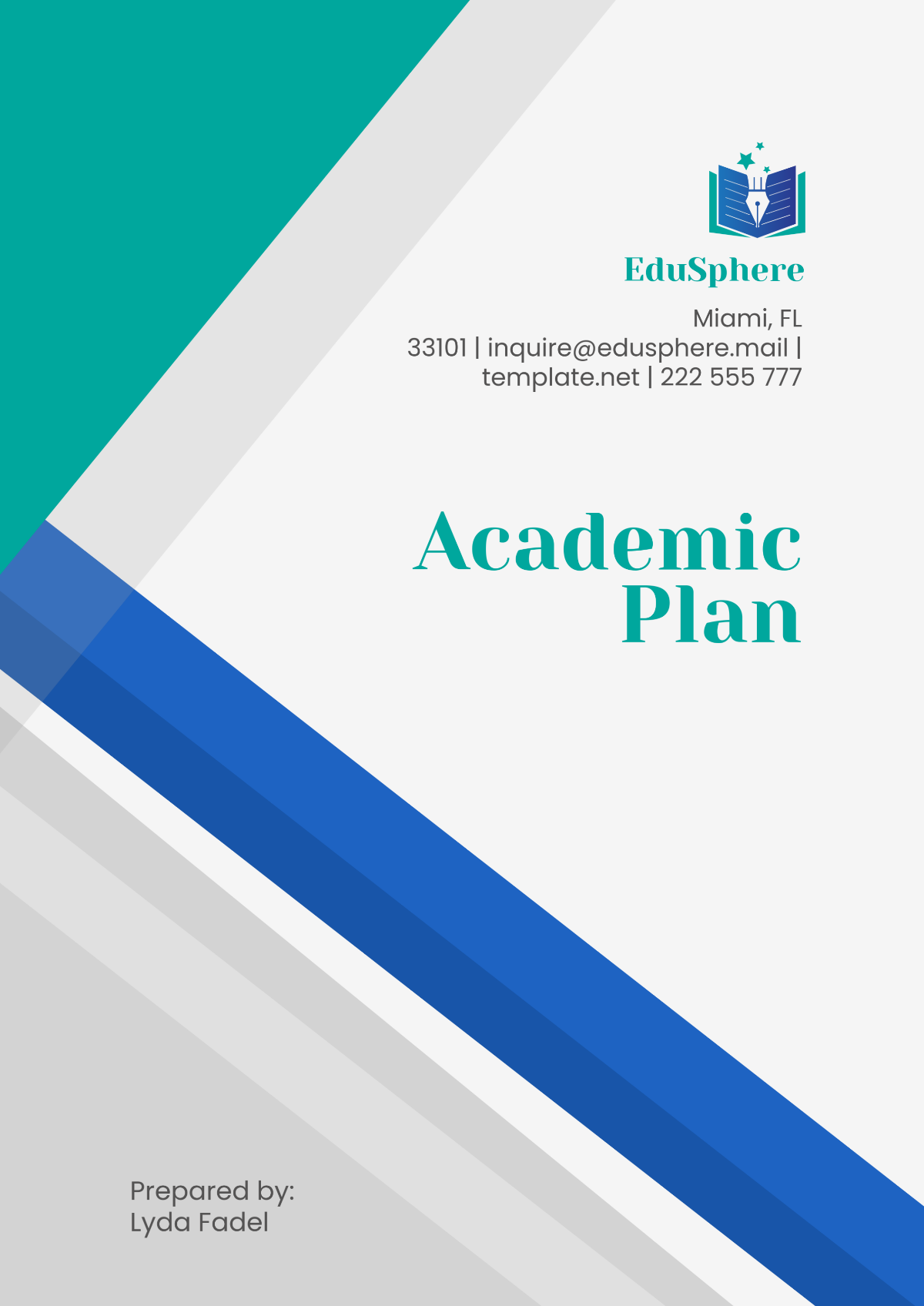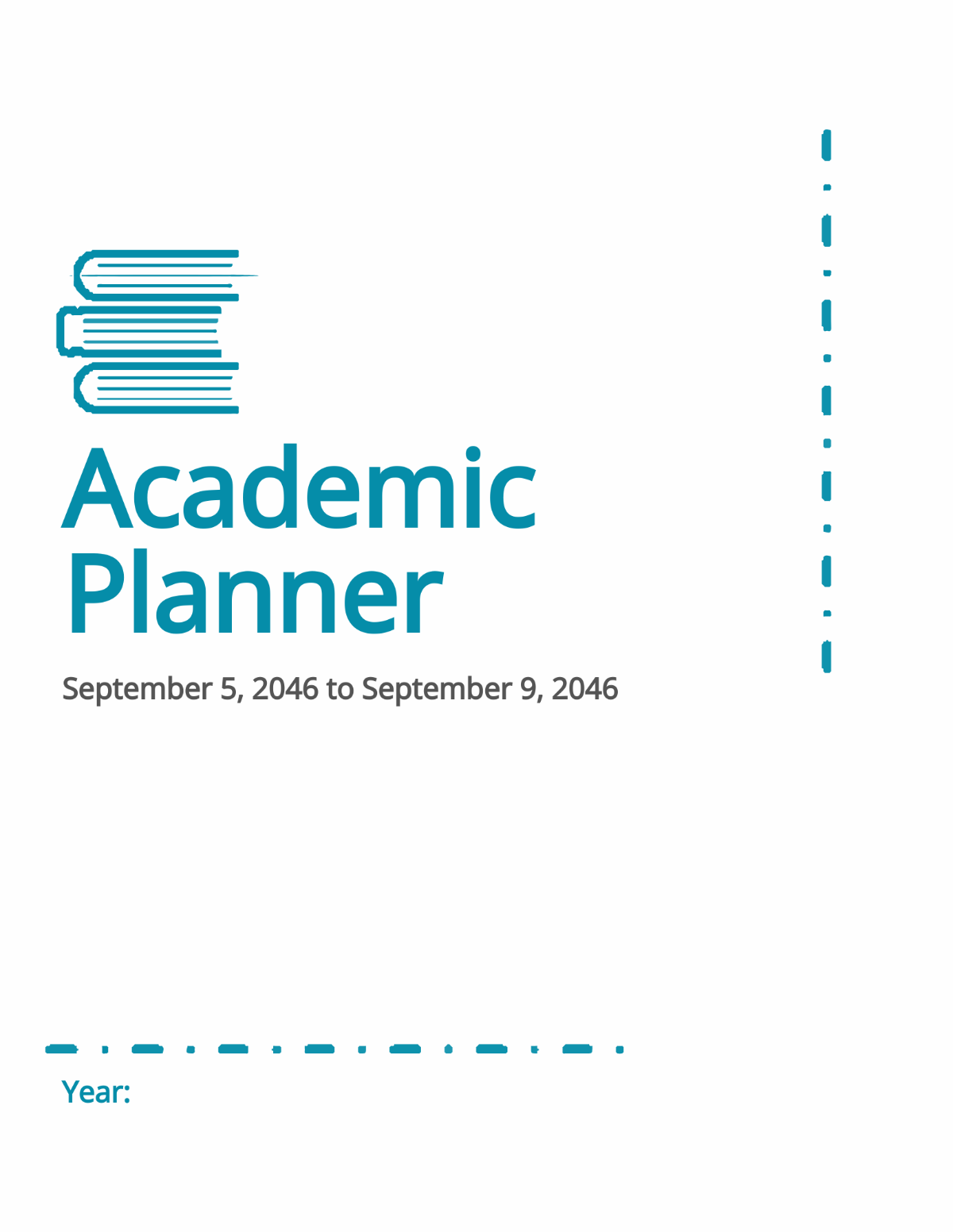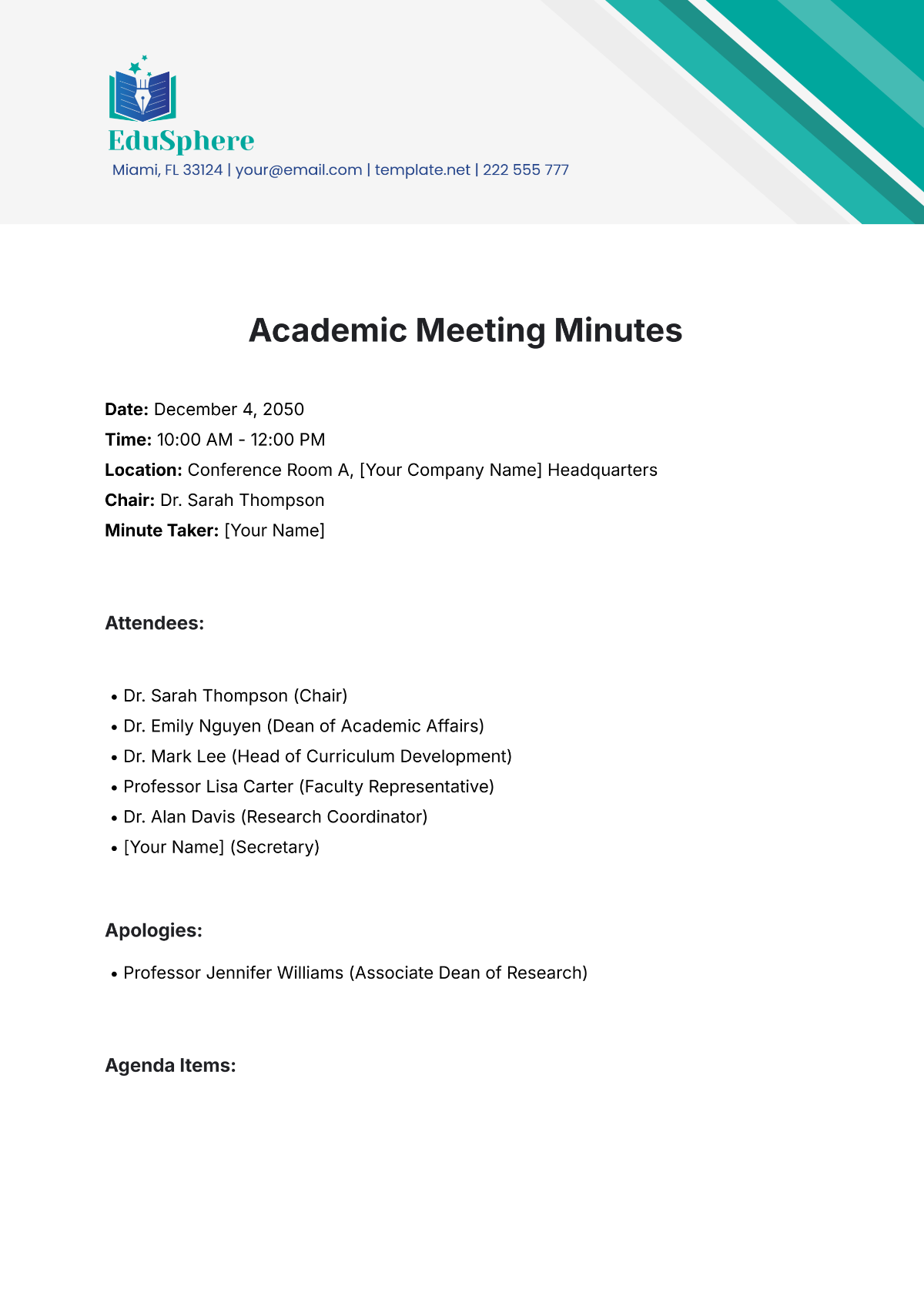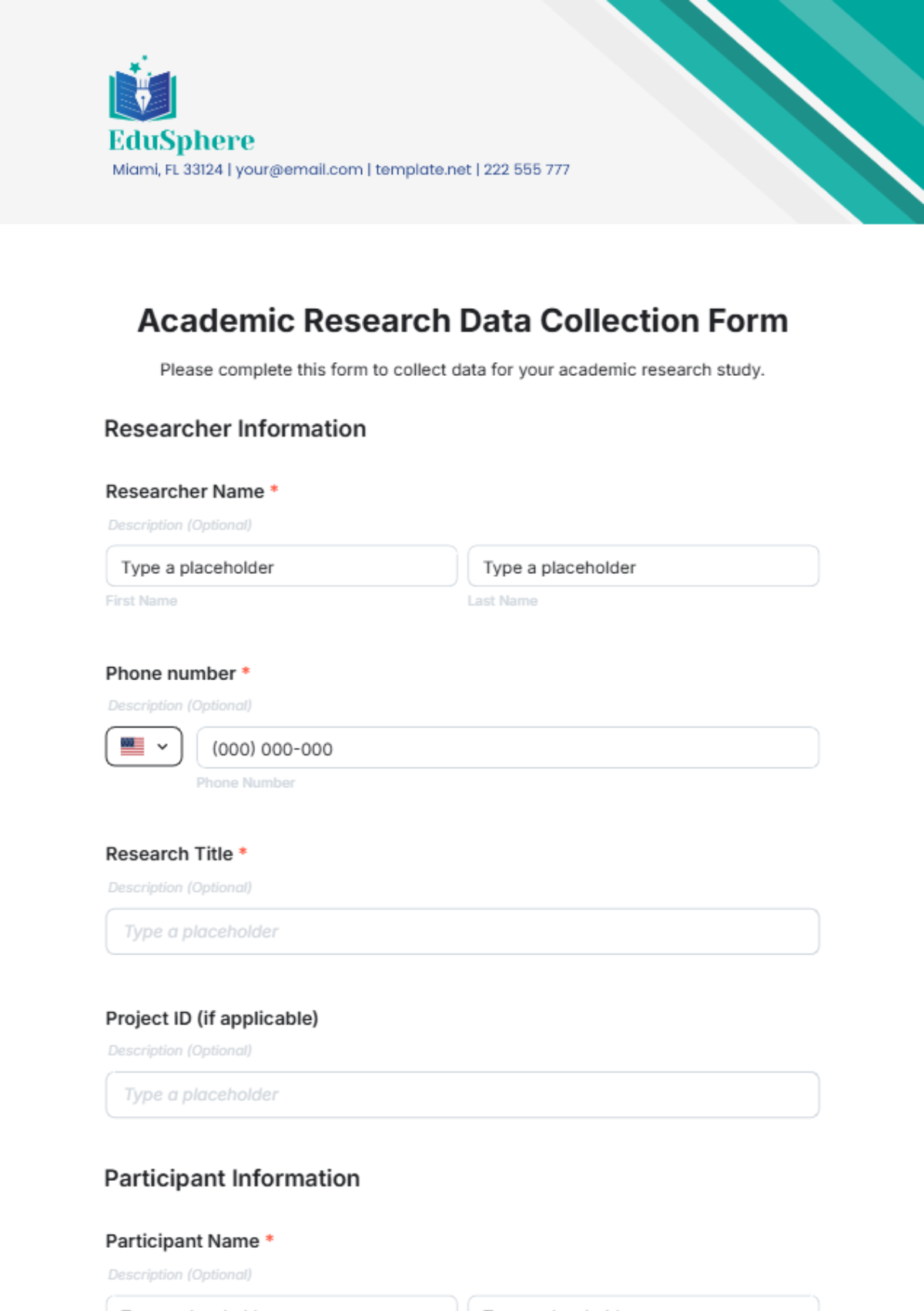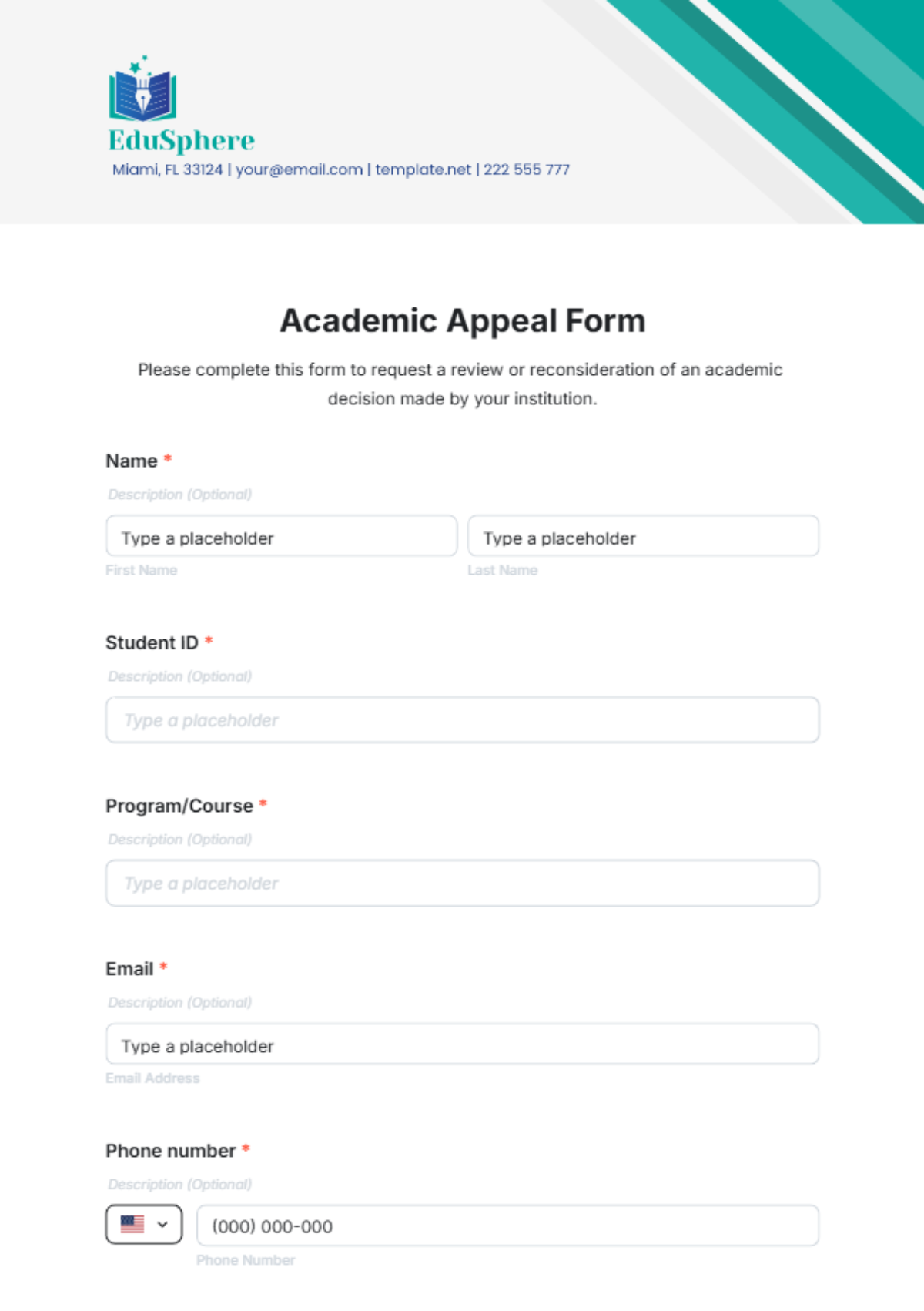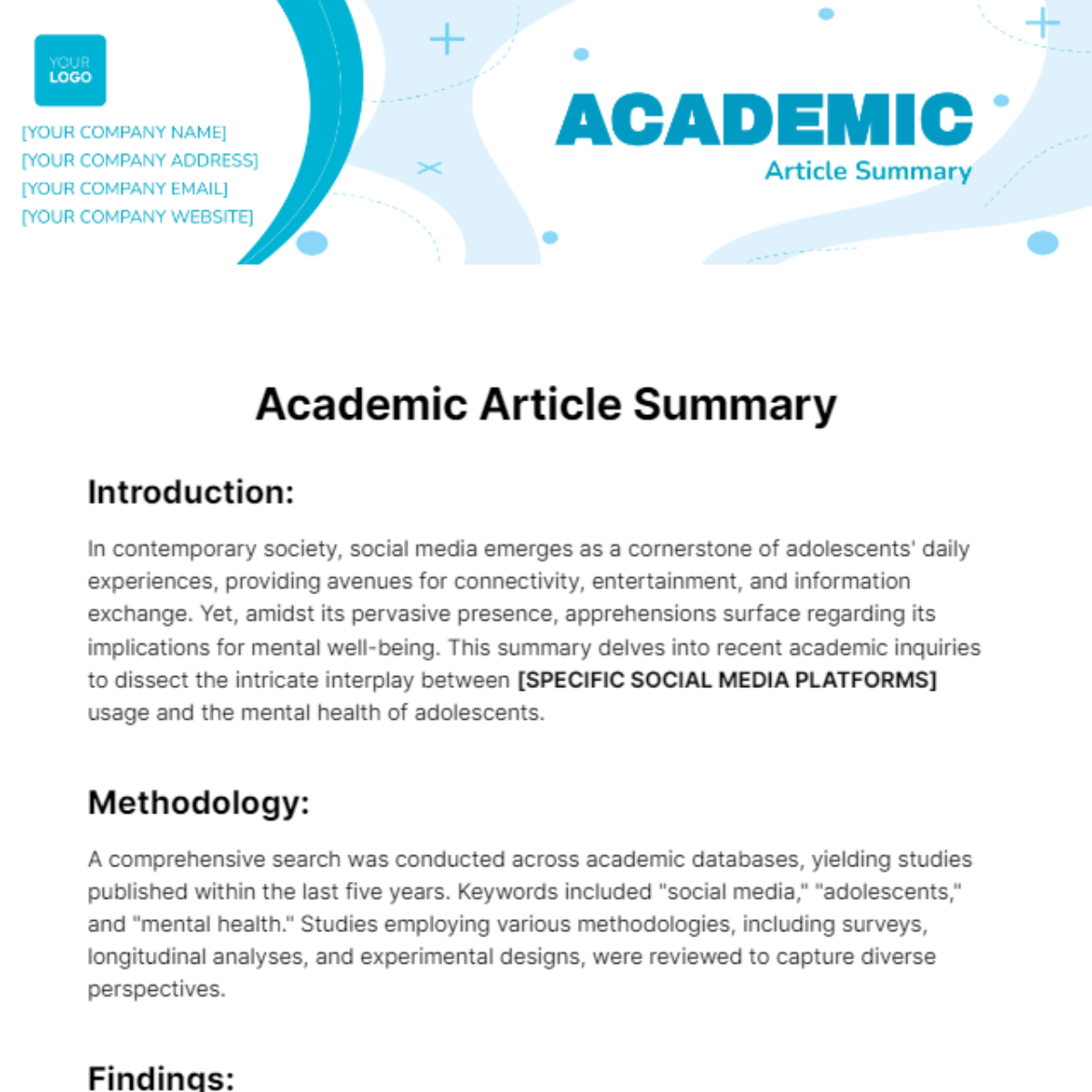Observational Study Academic
Prepared By: [Your Name]
Date: [Date]
Introduction
An observational study is a research method used to collect data on subjects in their natural environment. Unlike experimental studies, there is no manipulation of variables. This study focuses on the academic performance of students in various educational settings, such as public schools, private schools, and home-schooling environments.
The purpose of this study is to observe and analyze the factors that contribute to academic success without introducing any form of intervention. Data collected will include test scores, attendance records, and socio-economic backgrounds, among other variables.
Methodology
This section outlines the systematic approach used to conduct the observational study.
Sampling: A diverse group of students from different educational backgrounds will be sampled. The sample includes 200 students from public schools, 150 from private schools, and 50 home-schooled students.
Data Collection: Data will be collected through academic performance records, structured interviews with students and parents, and surveys to assess socio-economic status and other relevant factors.
Variables: Variables include GPA, standardized test scores, attendance rates, socioeconomic status, parental involvement, and access to educational resources.
Data Analysis
The collected data will be analyzed using statistical methods to identify any patterns or correlations between the variables and academic performance.
Variable | Type | Measurement Tool |
|---|---|---|
GPA | Continuous | School Records |
Standardized Test Scores | Continuous | Examination Results |
Attendance | Continuous | School Records |
Socio-economic Status | Categorical | Survey |
Parental Involvement | Categorical | Interview |
Findings
The analysis shows significant differences in academic performance based on educational setting and socio-economic background. For instance:
Students from private schools generally have higher GPA and standardized test scores compared to those from public schools and home-schooled students.
There is a positive correlation between parental involvement and academic performance across all settings.
Socio-economic status heavily influences access to educational resources, which in turn affects performance.
These findings suggest that while the type of educational environment is important, parental support and socio-economic factors play a crucial role in a student's academic success.
Conclusion
This observational study underscores the multifaceted nature of academic performance. It highlights the importance of parental involvement and socio-economic status, alongside the type of schooling environment. The findings provide valuable insights for educators, policymakers, and parents aiming to enhance academic outcomes for students.
References
American Psychological Association. (2050). Publication manual of the American Psychological Association (7th ed.). Washington, DC: Author.
Smith, J., & Douglas, B. (2058). The impact of socioeconomic status on academic achievement. Educational Research and Reviews, 13(4), 189-207.
Williams, P. (2051). Parental Involvement in Education: A Comparative Analysis. Journal of Educational Studies, 25(3), 345-367.

